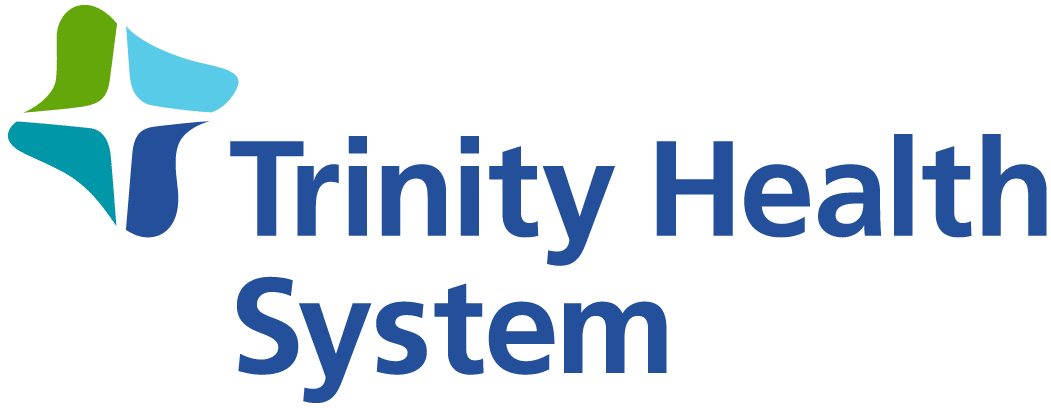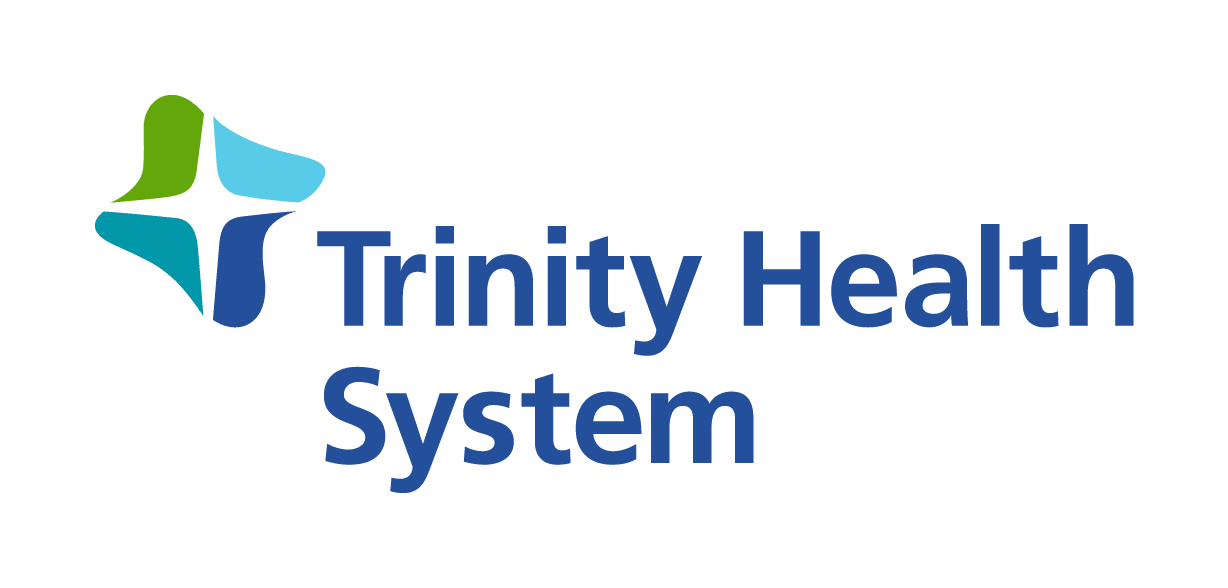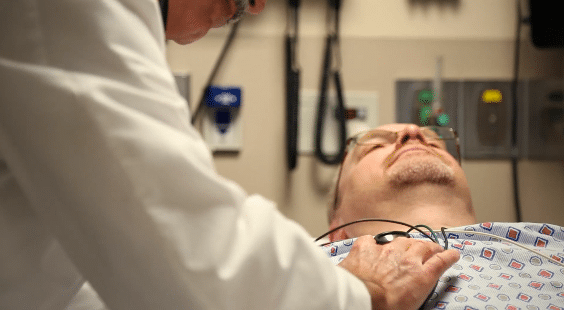When talking about the heart, time is crucial. A matter of seconds can mean the difference between a damaged heart muscle and a functioning heart, so prevention is key. Knowing whether you’re at risk for heart disease can help you make choices that may save your life. These are heart disease risk factors and warning signs of heart disease:
Top Five Risk Factors of Heart Disease:
- Smoking
- Diabetes
- High blood pressure
- High cholesterol
- Family history
The No. 1 risk factor for heart disease is smoking, and it is completely preventable. Your best chance to avoid a heart attack is to quit smoking. If you want help quitting, Trinity Health System offers a smoking cessation program designed to support you.
While there are currently no cures for diabetes, high blood pressure and high cholesterol, they can all be controlled. Eating right, exercising and properly taking prescribed medication will keep them in check. You can’t change these conditions or your family history, but you can choose to live a healthy lifestyle. These preventative measures have shown significant long-term regression of heart disease.
Warning Signs of Heart Disease:
Every chest pain is not a heart attack, but if you have one or more risk factors, then more than likely this pain is heart-related. Therefore, it’s imperative to seek medical attention immediately Рeven if you aren’t sure it is a heart attack.
Normal signs of a heart attack include chest discomfort that goes down the left arm to the jaw and alternates in the shoulder blades and in the back. But don’t ignore any unusual symptoms! These, too, may be warning signs of heart disease and/or a heart attack. Especially in women, heart attacks sometimes have atypical presentation such as sweating, jaw pain, chest pressure, tingling, passing out and extreme fatigue.
If you experience any of these symptoms, feel unwell or out of the ordinary, please contact your primary care physician or cardiologist. You should go to the emergency room if you have serious chest pains or any immediate concerns. It really is better to be safe than sorry.
Stay healthy,
Sathish
Comprehensive Hearth Care At Trinity Health System
When it comes to chest pain, Trinity Health System knows the importance of quick response time, education and prevention.
This means that processes are in place that meet strict criteria aimed at:
- Reducing the time from onset of symptoms to diagnosis and treatment
- Treating patients more quickly during the critical window of time when the integrity of the heart muscle can be preserved
- Monitoring patients when it is not certain that they are having a heart attack to ensure that they are not sent home too quickly or needlessly admitted to the hospital
Trinity Health System hopes to significantly reduce the mortality rate of these patients by teaching people to recognize and react to the early symptoms of a possible heart attack, reduce the time that it takes to receive treatment, and increase the accuracy and effectiveness of treatment.


